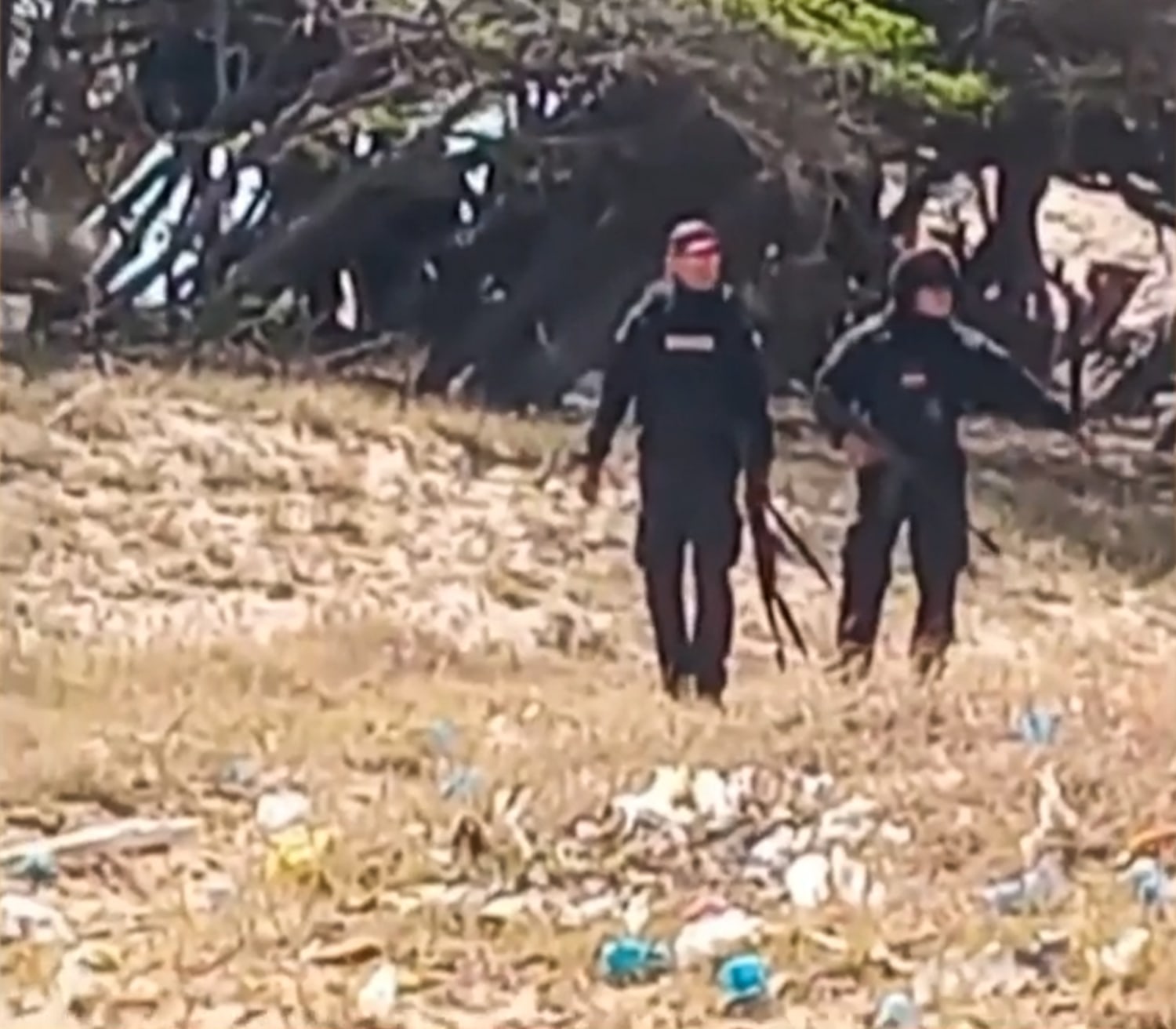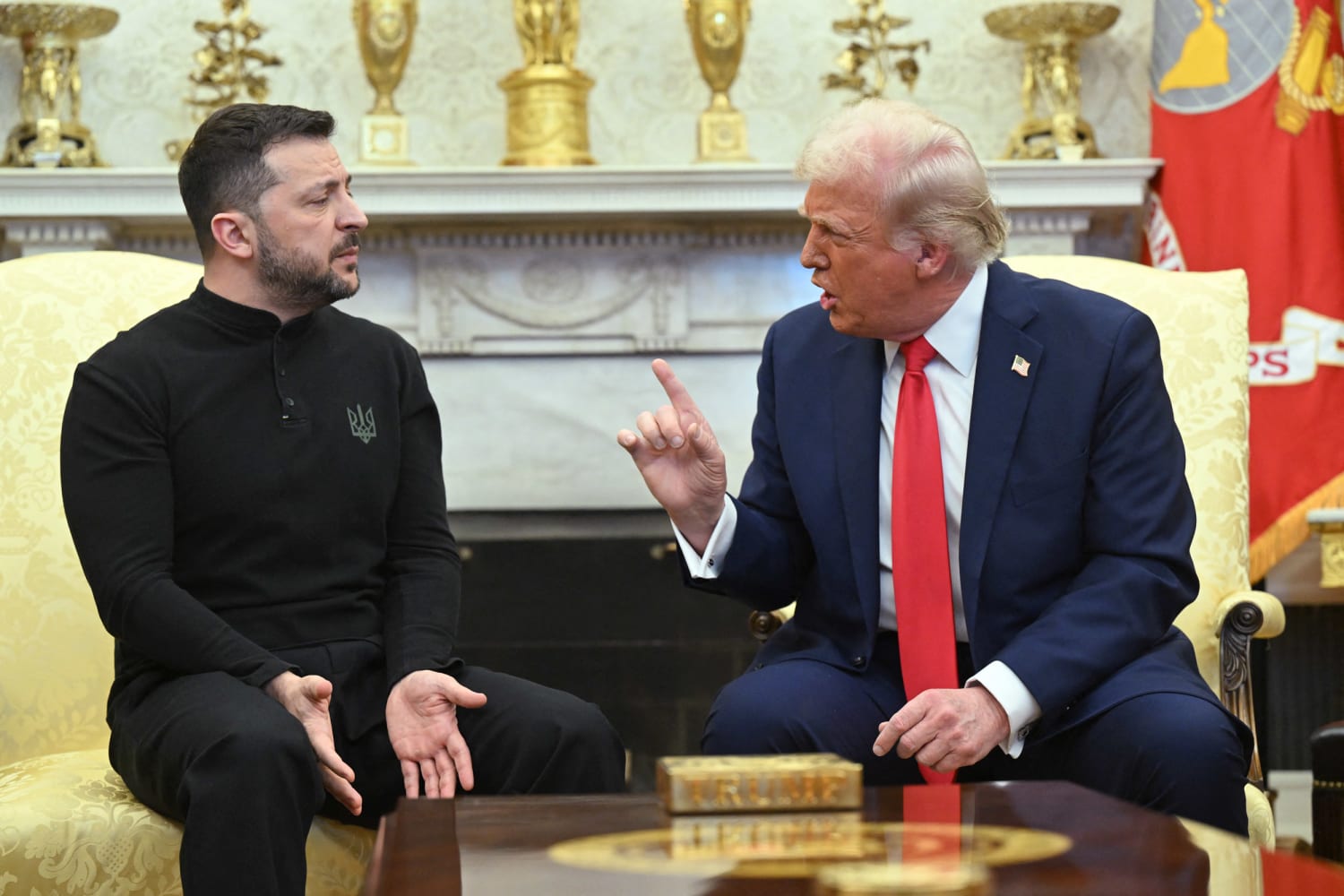The conflict in Ukraine, which escalated into a full-blown war in February 2022, has profoundly reshaped the worldwide equilibrium in both immediate and long-term aspects. This confrontation has brought about significant impacts on geopolitical partnerships, the global economy, security structures, humanitarian situations, energy sectors, and the developing framework of international legal principles. A thorough review of these repercussions reveals how a localized war can generate widespread effects across the entire globe.
Geopolitical Realignment and Power Shifts
Among the most significant repercussions is the intensification of pre-existing geopolitical strains and the formation of novel partnerships. The conflict has spurred a realignment of factions, echoing Cold War patterns, featuring NATO and its Western allies on one side, and Russia, receiving diverse levels of overt or covert backing from nations such as China and Iran, on the opposing side.
Sweden and Finland, historically non-aligned, moved towards NATO membership, reflecting a deepened sense of vulnerability in Europe. According to NATO sources, Finland officially joined the alliance in April 2023, extending the NATO–Russia border by over 1,300 kilometers. Meanwhile, Russia’s international standing has diminished, facing isolation from Western institutions, G7 summits, and critical scientific and cultural forums.
Simultaneously, the dispute highlighted the strategic alliance between Russia and China. China’s position, though seemingly impartial, has been marked by abstentions in United Nations ballots and expanded financial collaboration with Russia, sparking worries among Western political leaders regarding the resurgence of spheres of influence.
Shifts in Global Economic Stability and Trade Patterns
The war’s disruption of critical supply chains has exposed the vulnerabilities inherent in globalized economies. Eastern Europe and Russia account for a large share of global wheat, corn, and sunflower oil exports. According to the World Food Programme, more than 400 million people worldwide rely on food supplies from Ukraine and Russia. Blockades in the Black Sea, destruction of Ukrainian agricultural infrastructure, and Western sanctions on Russia have catalyzed spikes in global food prices—thrusting communities in Africa, the Middle East, and South Asia into heightened food insecurity.
The energy sector has been equally impacted. In response to sanctions, Russia reduced or stopped gas deliveries to much of Europe. The sudden scarcity forced European nations to seek alternative suppliers, heavily investing in liquefied natural gas (LNG) facilities and renewable energy, and in some cases, temporarily reopening coal-fired plants. Germany, once reliant on Russia for over half of its gas imports, expedited plans for energy diversification and green transition, investing an estimated 200 billion euros. These adjustments have not only transformed the European energy market but have also altered the energy flows globally, raising LNG prices in Asia and Latin America.
Global financial markets have also experienced strain due to sanctions. The immobilization of Russian assets, their removal from international banking systems such as SWIFT, and restrictions on commerce have fueled market instability and the redirection of capital flows, alongside conversations regarding the trajectory of global reserve currencies. Russia’s growing adoption of the Chinese yuan for commercial transactions highlights a gradual yet consistent move towards de-dollarization in specific bilateral dealings.
Implications for Global Security and Defense Policy
Global security policies have been reevaluated following the conflict in Ukraine. NATO’s enhanced cohesion has led to the most significant troop deployment in Eastern Europe since the alliance’s inception, and defense spending has seen a sharp rise. Germany, for example, declared an unprecedented increase, dedicating over 2% of its GDP to defense for the first time in many decades.
Countries outside of Europe have also taken note. In the Indo-Pacific region, strategic planners in Japan, South Korea, and Taiwan cite the Ukraine conflict as a cautionary lesson about the risks of autocratic aggression. Governments are experimenting with asymmetric defense systems, advanced missile technology, and hybrid warfare strategies to deter potential threats.
Nuclear deterrence has reasserted its grim prominence. Russia’s overt nuclear saber-rattling led the United States and its allies to recalibrate risk assessments and has prompted global debates over nuclear missile posture, readiness, and arms control frameworks, such as the faltering New START Treaty.
Humanitarian and Societal Consequences
The scale of human displacement has been staggering. The United Nations High Commissioner for Refugees (UNHCR) reported that more than eight million Ukrainians became refugees, creating the largest refugee crisis in Europe since World War II. Neighboring countries like Poland and Moldova bore the immediate burden, yet the ripple effects required coordinated global humanitarian intervention.
The conflict has also strained the international aid system already stretched thin by other crises. It intensified scrutiny of how resources are allocated and exposed the interconnectedness of humanitarian and security crises, with reports indicating that secondary migration and human trafficking networks have gained traction.
The Vulnerability and Development of Global Legislation
Russia’s invasion of a sovereign state, accompanied by widespread evidence of war crimes and atrocities, has challenged the integrity of the post-World War II legal order. The reliance on international legal instruments such as the Geneva Conventions and the International Criminal Court has been put to the test. The West’s comprehensive sanctions, asset seizures, and efforts to prosecute war crimes raised complex questions around the universality and enforceability of international law. Meanwhile, some states have used these circumstances to assert that international norms are applied selectively, exacerbating divisions on bodies such as the UN Security Council.
Future Pathways Amidst Ongoing Uncertainty
The war in Ukraine, more than a localized struggle, serves as a watershed moment shaping the trajectory of the twenty-first-century world order. Its multidimensional impact demonstrates the intricate allocation of power, the volatility of energy and food systems, the resurgence of military alliances, and the pressures placed on international legal and humanitarian norms. As the conflict continues, its consequences for the global balance remain dynamic, demanding constant adaptation by states, organizations, and societies worldwide. The challenge that emerges is how the international community will navigate strategies for coexistence, deterrence, and resilience in a world profoundly transformed by the realities revealed and reshaped by the war in Ukraine.



